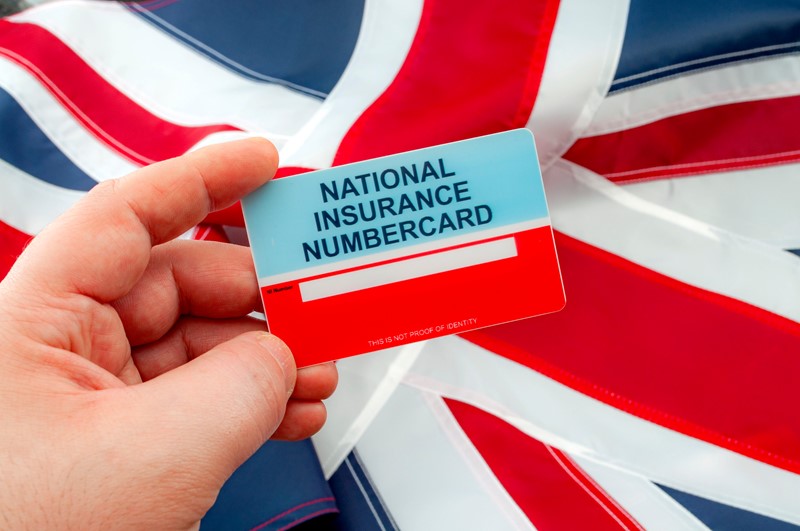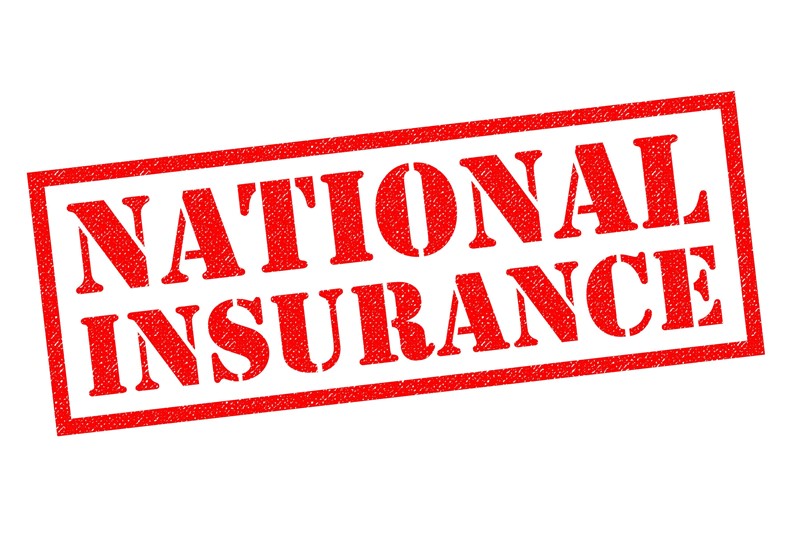National Insurance credits can help qualifying applicants to fill gaps in their National Insurance record. This can assist taxpayers to build up the number of qualifying years of National Insurance contributions and which can increase the amount of benefits a person is entitled to, such as the State Pension.
This could happen if someone were:
- employed but had low earnings;
- unemployed and were not claiming benefits;
- self-employed but did not pay contributions because of small profits; and
- living or working outside the UK.
National Insurance credits are available in certain situations where people are not working and therefore, not paying National Insurance credit. For example, credits may be available to those looking for work, who are ill, disabled or on sick pay, on maternity or paternity leave, caring for someone or on jury service.
Depending on the circumstances, National Insurance credits may be applied automatically or an application for credits may be required. There are two types of National Insurance credits available, either Class 1 or Class 3. Class 3 credits count towards the State Pension and certain bereavement benefits whilst Class 1 covers these as well as other benefits such as Jobseeker’s Allowance.
Taxpayers may also be able to pay voluntary contributions to fill any gaps if they are eligible.












